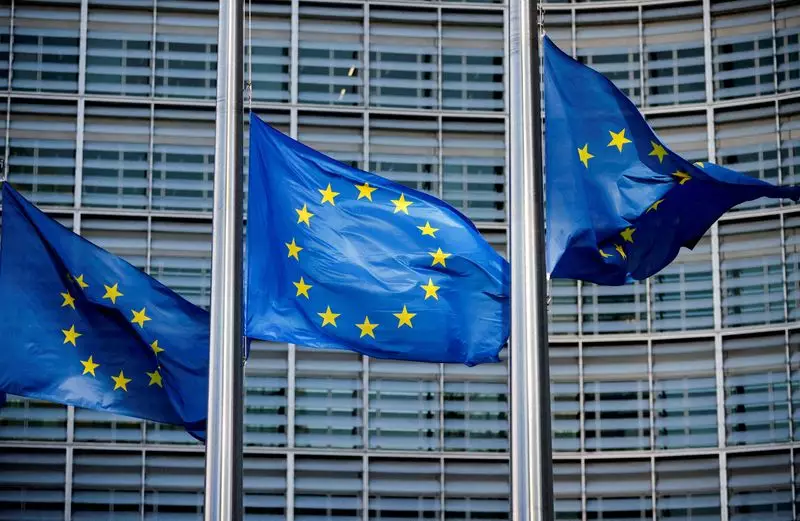In a recent court decision, French drugmaker Servier suffered a major blow in its ongoing legal battle against the European Union. The European Commission had imposed a hefty fine of 331 million euros on Servier back in 2014 for engaging in questionable deals with competitors to delay the entry of generic versions of its popular blood pressure medication, perindopril.
The crux of the issue lies in the practice of “pay-for-delay” agreements, where brand name pharmaceutical companies compensate generic drug manufacturers to delay the release of more affordable versions of their products. Such agreements have long been viewed by antitrust regulators in Europe and the United States as anticompetitive and harmful to consumers.
Despite Servier’s attempts to challenge the fine and have it reduced, a lower tribunal only managed to shave off a portion of the penalty in 2018. The case eventually made its way to Europe’s highest court, the Court of Justice of the European Union, which ultimately upheld the Commission’s decision and the fine imposed on Servier and other generic manufacturers involved in the scheme.
The Court of Justice ruled that the agreements struck between Servier and its counterparts indeed constituted market-exclusion agreements and were detrimental to fair competition within the pharmaceutical industry. The companies involved were deemed responsible for abiding by the fines initially set by the European Commission.
While the pharma industry has argued in favor of pay-for-delay deals as a means to avoid protracted and costly legal battles over patent rights, regulators have remained steadfast in their stance against such practices. The Commission’s goal is to foster a competitive marketplace that benefits consumers by ensuring timely access to affordable generic medications.
In the realm of pharmaceuticals, the issue of pay-for-delay agreements continues to be a contentious and hotly debated topic. The recent ruling against Servier and other companies involved serves as a stark reminder of the importance of upholding fair competition and protecting consumer interests in the drug market. Antitrust authorities on both sides of the Atlantic will undoubtedly continue to scrutinize such practices to prevent anticompetitive behavior and ensure a level playing field for all stakeholders involved.

